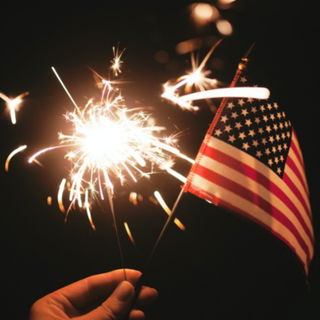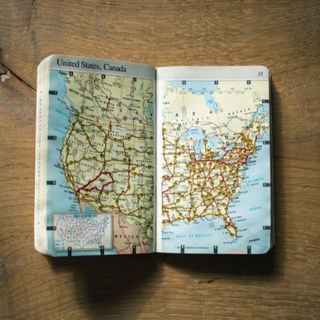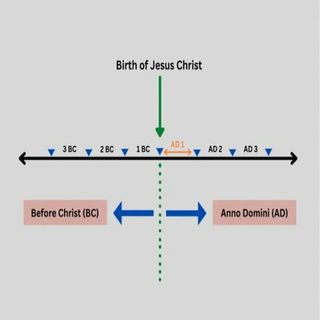- Calendar
- Calendar 2026
- February
- Holiday Presidents' Day
Presidents' Day
Holiday
Presidents' Day, officially known as Washington's Birthday, is an American Federal Holiday that is celebrated every year on the third Monday of February.
In 2025, it will be celebrated on February 17.
President's Day was established as a federal holiday in 1885 to celebrate George Washington's birthday on February 22nd. Although it was originally a day to celebrate the lives of George Washington and Abraham Lincoln, many use it now to honor all US Presidents, past and present.
President’s Week, is observed in the United States during that week. This week includes Presidents' Day, with special recognition of George Washington and Abraham Lincoln.
Many schools and businesses take advantage of this week for a mid-winter break, commonly referred to as “President’s Week.” It’s a time when people often take vacations, engage in historical events and educational programs, and enjoy sales promotions tied to the holiday.
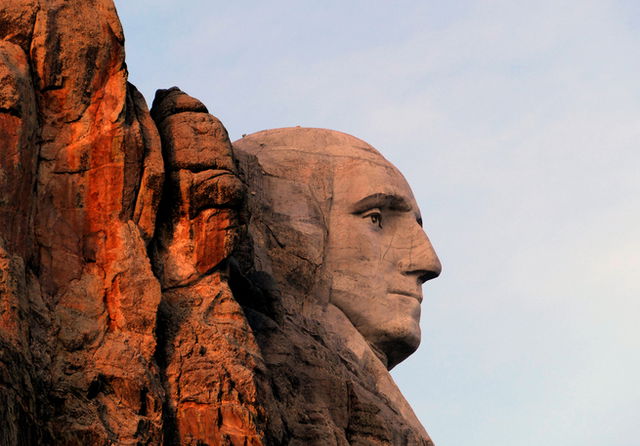
Presidents' Day Observations Across the U.S.
Presidents' Day is a federal holiday, but states have the freedom to decide whether to observe it and what to call it. This flexibility has led to a wide range of names and observances across the country:
State-Specific Observances
- Alabama: Celebrates “George Washington / Thomas Jefferson’s Birthday.”
- Arkansas: Honors “George Washington / Daisy Bates Day,” recognizing the civil rights activist.
- Arizona: Calls it “Lincoln / Washington Presidents' Day.”
- Delaware: Does not recognize the holiday.
Using “President” in the Name
- “Presidents' Day”: Observed in Hawaii, New Mexico, North Dakota, Oklahoma, Pennsylvania, Puerto Rico, South Dakota, Texas, Vermont, and Washington.
- “President's Day”: Celebrated in Alaska, Idaho, Maryland, Nebraska, New Hampshire, Tennessee, West Virginia, and Wyoming.
- “Presidents' Day”: Used in Nevada and Oregon.
- “Washington's Birthday / Presidents' Day”: Observed in Maine.
- “Lincoln / Washington Presidents' Day”: Specific to Arizona.
Using “Washington” in the Name
- “George Washington Day”: Celebrated in Virginia.
- “Washington’s Birthday”: Recognized in Connecticut, Florida, Illinois, Iowa, Louisiana, Massachusetts, Michigan, North Carolina, New Jersey, and New York.
Using Both “Washington” and “Lincoln”
- “Lincoln's and Washington's Birthday”: Montana.
- “Washington – Lincoln Day”: Colorado and Ohio.
- “Washington and Lincoln Day”: Utah.
- “Washington's and Lincoln's Birthday”: Minnesota.
Combining Washington with Others
- “George Washington / Thomas Jefferson Birthday”: Alabama.
- “George Washington's Birthday and Daisy Bates Day”: Arkansas.
Generic or Unique Names
- “The third Monday in February”: Used in California.
States Without Official Observances
- Delaware: Does not recognize Washington’s Birthday or Presidents' Day.
- Massachusetts: Celebrates “Washington’s Birthday” federally, but proclaims “Presidents' Day” on May 29 (John F. Kennedy’s birthday) to honor Massachusetts-born presidents.
- California, Connecticut, Florida, Illinois, Michigan, and New Jersey: Celebrate Lincoln’s Birthday separately on February 12.
- Missouri: Recognizes Washington’s Birthday (on the third Monday in February) and Lincoln’s Birthday (on the Monday closest to February 12).
Non-Traditional Observances
- New Mexico: Observes Presidents' Day as a paid state holiday on the Friday after Thanksgiving, though the federal holiday remains in February.
- Georgia: No longer recognizes Washington’s Birthday as a paid holiday, previously observing it on Christmas Eve.
- Indiana: Marks Washington’s Birthday on Christmas Eve or the preceding Friday if Christmas is on a weekend, and observes Lincoln’s Birthday the day after Thanksgiving.
History of Presidents' Day
The origin of Presidents' Day is rooted in honoring the birthday of America's first president-George Washington, who was born on February 11, 1731, according to the Julian calendar which Britain and its colonies used at that time.
Although in 1752, Britain switched to the Gregorian calendar that caused an 11-day shift resulting in Washington's birthday being moved to February 22, 1732.
This date has been adopted by George Washington himself and has been recognized ever since.
The Congress established a federal holiday to honor Washington's birthday in 1879, initially for federal workers in Washington, D.C., and then for all federal employees in 1885.
The holiday was celebrated on February 22 each year.
The Uniform Monday Holiday act moved several holidays in 1971, including the birthday of Washington, to Mondays to provide workers with long weekends. Because of this, the holiday was started to be observed on the third Monday in February, which never falls on the actual birthday of Washington.
Over time, there was pressure to expand the holiday to honor all U.S. presidents, which led to a proposal in the 1950s to recognize March 4, the original inauguration day, as Presidents' Day. However, this idea was not paid attention to at first.
When the holiday was moved to February, many lawmakers proposed to rename it to Presidents' Day to honor both Abraham Lincoln and Washington, whose birthday is February. However, the official name remained Washington's Birthday.
With the help of advertisers, the term Presidents' Day gained significant popularity by the 1980s, and it became widely used to refer to the holiday.
Today, the day is seen as an opportunity to honor all U.S. presidents, though it officially remains a day to celebrate George Washington.
Modern observances include patriotic events, retail sales, and reflections on presidential history, with Washington's hometown of Alexandria, Virginia, hosting celebrations throughout the month of February.
About George Washington
Known as “The Father of Our Country,” George Washington was the first President of the United States, serving two terms from 1789 to 1797. He also commanded the Continental Army, leading the American colonies to victory in the Revolutionary War against Britain in 1783. A key figure in the Constitutional Convention, Washington helped draft the United States Constitution and set the important precedent of a peaceful transfer of power to a democratically elected leader.
Beyond his political and military leadership, Washington was a successful businessman, surveyor, and one of the wealthiest men in America at the time of his death. His enduring legacy, both as a founding father and an iconic symbol of American values, has made his birthday a time for national celebration and patriotic reflection.
Here are some lesser-known facts about our first president:
- Colonel Lewis Nicola, a soldier in the Continental Army, once suggested that George Washington adopt the title of “King.” Washington was outraged by the idea, replying, “If you have any regard for your country […] banish these thoughts from your mind, and never communicate, as from yourself or anyone else, a sentiment of the like nature.”
- George Washington is the only president to be elected unanimously by the Electoral College, both in 1789 and 1792.
- Although he was a slave owner, Washington struggled with the institution of slavery. In his will, he made provisions to free his enslaved workers after his death, reflecting his evolving views on the matter.
The Relationship Between Lincoln’s Birthday and Presidents' Day
Lincoln's Birthday on February 12 and Presidents' Day on the third Monday in February are closely associated to honor the legacy of past U.S. presidents, especially Abraham Lincoln and George Washington.
In many states, Lincoln’s contributions as a leader during the Civil War and his role in ending slavery are acknowledged as part of Presidents' Day.
Other states maintain Lincoln’s Birthday as a separate holiday, celebrated on February 12, while some states combine both observances under the Presidents' Day umbrella.
This connection reflects the significance of Lincoln and Washington as two of the most esteemed figures in American history, symbolizing leadership, resilience, and the pursuit of equality and freedom.
Presidents' Day today
Presidents' Day is one of the 11 permanently federally established holidays in the USA. Every year, on this date, there are public ceremonies in Washington DC, hosted by the current President of the USA. Celebrations throughout the country follow this.
A tradition that has been followed for decades includes “George Washington's Farewell Address” which is read in the Senate every year. This is to make Americans reflect on the founding values of their nation.
In many states, schools organize events and lessons where students can learn more about the lives and accomplishments of American Presidents. With a special focus on George Washington and Abraham Lincoln.
Since the 1970s, stores have also taken advantage of the three-day weekend holiday to host and advertise their “Presidents' Day” sales.
Some states will hold parades and ceremonies, for example in Alexandria, VA, where a parade will run through the town to celebrate George Washington's Birthday. If that is too far from home, have a look online to see what's going on in your area, and enjoy this special day.
A Timeline of Presidents' Day
George Washington was born on February 11, 1731, according to the Julian calendar, which was used by Britain and its colonies at that time.
Due to Britain’s switch to the Gregorian calendar in 1752, which caused an 11-day shift, George Washington’s birthday was moved to February 22, 1732.
After the death of George Washington in 1799, people started observing a holiday to honor his legacy. Initially an unofficial holiday, U.S. Senator Steven Wallace Dorsey proposed making it an official holiday.
President Rutherford B. Hayes made Washington’s Birthday a federal holiday. A proposal was made to celebrate both Washington's and Lincoln's birthdays on the same day, but Congress rejected this idea, keeping it as Washington's Birthday.
The Uniform Monday Holiday Act was suggested by U.S. Representative Robert McClory. This move proposed moving Washington's Birthday to a Monday to give workers a three-day weekend.
President Richard Nixon implemented the Uniform Monday Holiday Act, officially moving Washington’s Birthday to the third Monday in February, which never falls on the actual birthday of George Washington. This shift also sparked the use of the term Presidents' Day.
With the help of advertisers, the term Presidents' Day gained significant popularity, and the holiday became widely associated with honoring all U.S. presidents, though it officially remained Washington's Birthday.
Today, Presidents' Day is seen as a chance to honor all U.S. presidents. It is marked by patriotic events, retail sales, and reflections on presidential history. Washington's hometown of Alexandria, Virginia, hosts celebrations throughout February.
Next, check out:
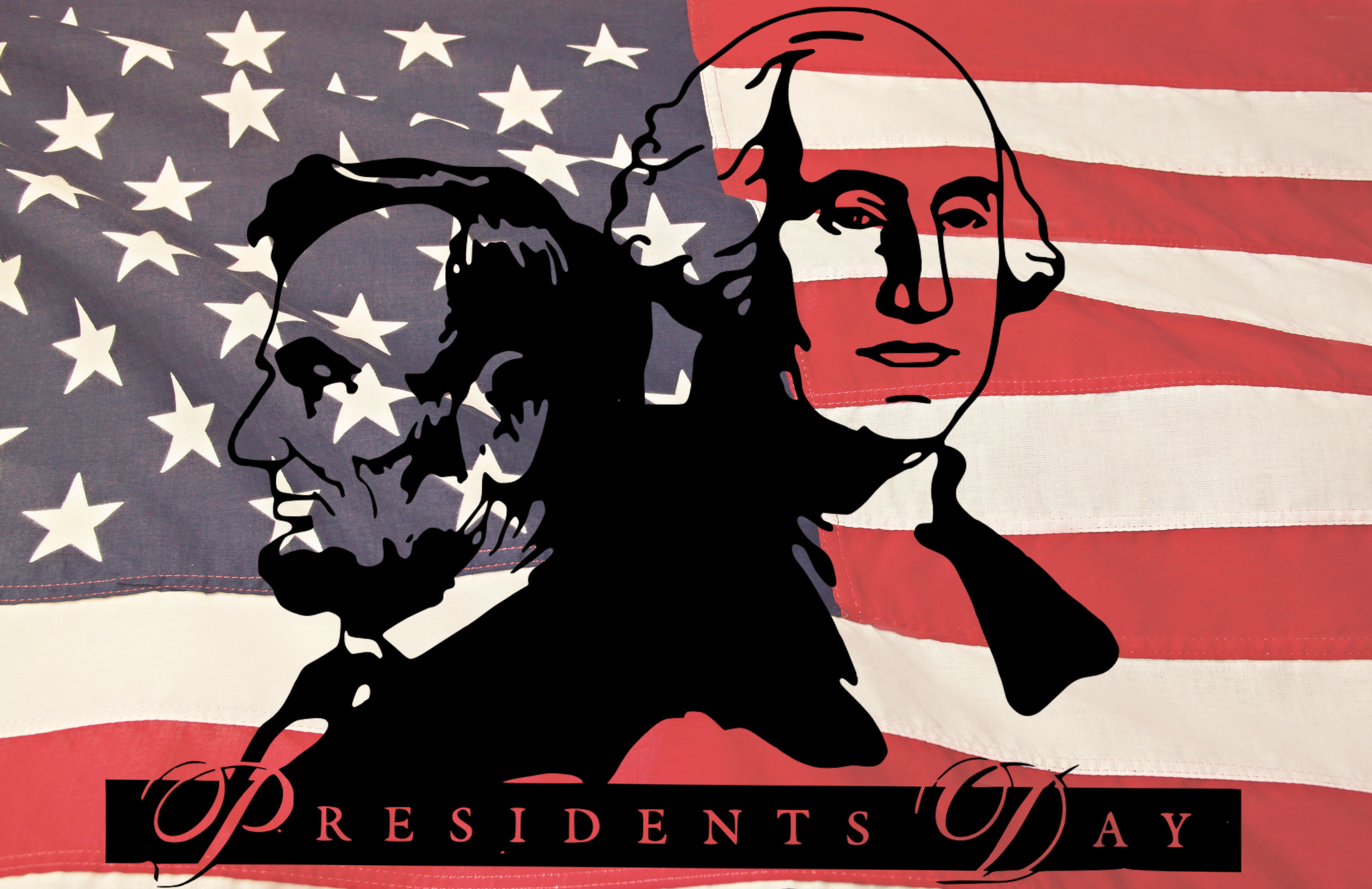
Other Celebrations
-
Feb 12 Wed
-
May 01 Thu
-
Aug 12 Tue
-
Aug 13 Wed
-
Aug 21 Thu
-
Sep 21 Sun

Presidents' Day 2025
Date: Monday, 15 February 2027
Date: Monday, 21 February 2028
Date: Monday, 19 February 2029
2025 Calendars
You might also be interested in
